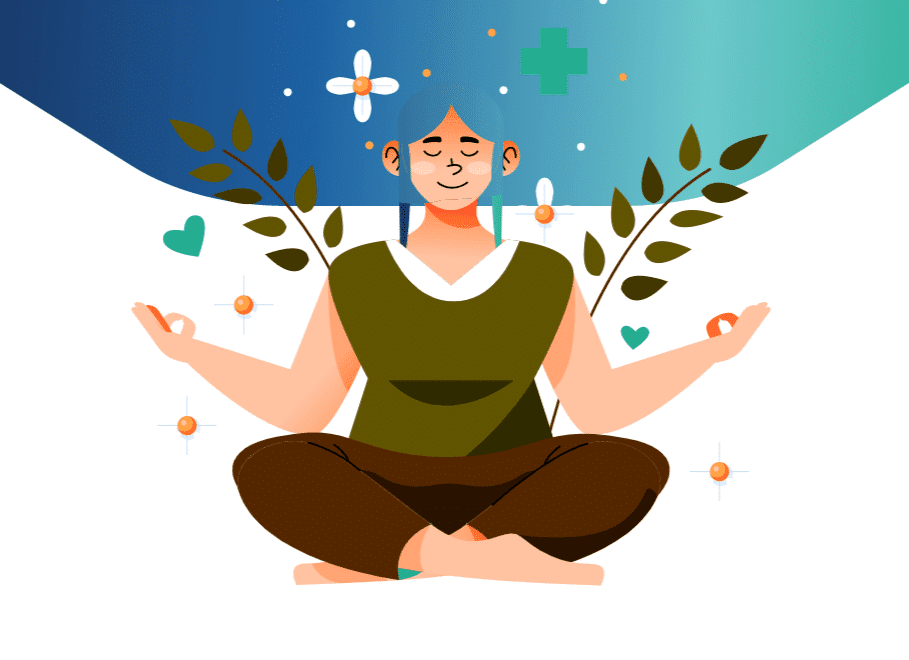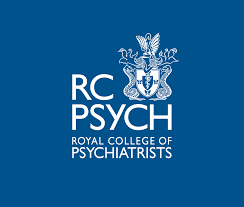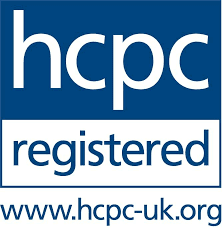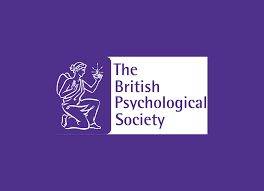Sad At Christmas? Help Is at Hand

Written by Aaron Gaur, Assistant Psychologist, The Oaktree Clinic
The holiday season can bring about lots of joy and fun for many people, it’s known as the time to be merry, mingle with family and spend time with closest of friends. However, for many people the holiday season can be a very sad time.
There are the multitude of demands that holiday season brings. Cooking the best meal of the year, pleasing family and friends with thoughtful presents, making the home sparkling clean for the \once a year’ relatives and all the planning that goes with it etc. etc. that can make the holiday season extremely challenging for so many people. However, the worst of all is everyone’s expectation that we ought to be outwardly jolly, sociable, looking forward to the festivities, irrespective of how we feel inwardly. The excessive eating and drinking, lack of sleep and every form of indulgence does not help in any way, Having said that though, It seems however that this is a better problem to have compared to those who have no one to share the festivities with.
Older people may end up feeling more isolated and lonelier as all those around them go about their business happily enough, similar to how people in hospitals, care homes, the army serving abroad or just stuck somewhere far from the family for any reason, would feel.
Have we considered people who may be at a financial disadvantage and may feel devastated during the holiday season with the societal pressures of having the ‘perfect holiday’ which entails all the expensive presents, food and wine, travel, brought about by the commercialisation of the holiday. Reasonably enough this can be overwhelming and is very present every holiday season.
The loneliness and isolation has multiplied several fold with the forced lockdowns and regulations, the general curtailing of ones liberty to socialise like before, with the rise of COVID-19.
The most worrying fact though is that this sadness can potentially escalate into a full-fledged depressive illness. Unfortunately, the prevalence of moderate to severe depression has increased three fold in the last 2 years.
The most important information to remember though is that THERE IS HOPE. Use the following strategies:
Structure your days
Put in place a number of things in advance that can help you during this time, here are some ideas:
- Watch a film in the cinema
- Volunteer- cooking for someone less fortunate, singing and entertaining those stuck in hospitals can be a rewarding experience and many more.
- Make something- for those of us not the happiest in company and even the most ‘uncreative’, everyone is capable of this.  Maybe 5-minute crafts, knit, embroider, paint…
- Visit neighbours
- Bake
- Go out for a cuppa with a friend
Exercise regularly
Exercise has been proven to help reduce symptoms of depression and sadness. Although difficult to stick to for many, the payoff is worth it.
Relax, Meditate, Put your feet up
Finding time for yourself to relax and do the things you love is extremely important during the holiday season. Especially if you are planning a lot of festivities and gatherings, leave some time out for relaxing and reflecting over the year gone past, look after yourself. Learning to take a break and enjoy ourselves is not a priority for many of us but it ought to be. This can really help reduce symptoms of sadness and stress.
Communicate
It is easy to get lost in our own world and f
orget that all important keeping in touch with old friends. Maybe find the time to write to or ring or even text an old friend, especially if feeling alone.
Communicating with oneself can be equally important, consider putting down your feelings and thoughts on paper. Processing these feelings and letting them out in a healthy way is a very effective tool that can help overcome sadness and helplessness.
It is true that loneliness is hard at any other time of life, but being alone and sad at this time of the year can make you feel helpless, but its imperative that you bear in mind that there is hope and you can do something to help yourself.
However, if you feel utterly hopeless and your symptoms are escalating, then do seek professional help from your doctor or book an appointment with our clinicians.
Contact Oaktree Connect team on 0121 3140330 or email admin@oaktreeconnect.co.uk

Author: Dr Meetu Singh
Dr Singh is the consultant psychiatrist with a special interest in neuropsychiatry. Having seen and treated hundreds of patients with ADHD, in London and Birmingham and with masters in Neuropsychiatry, she is well known as an expert in this field.















